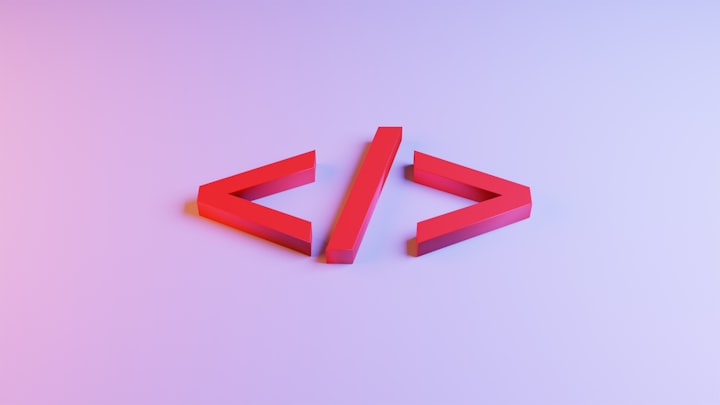How Do I Learn Web Design?

About 10 years ago, I had my heart set on building an online business, and I did what any broke college student does: I downloaded Wordpress. (Wix, Shopify, and these other web builders were not a thing back then.)
Wow, I'm 26, and saying that makes me feel ancient.
Several businesses later, I found that I really loved the web design and conception part more than I loved the rest. I loved the rest, but web design filled me with excitement and joy. To this day, there's no better feeling than buying an armful of junk food, an Arizona tea, and spending hours working on a project. So if you're wondering how to learn web design, you've come to the right place.
Should I Learn Web Design?
Web design is a balancing act between experience, search engine optimization, and profit-driving. Unlike mobile apps, web design needs to cater to users who are at home using their large monitors, those who are on the go using their mobile phones, and those who are casually watching Netflix while browsing on their iPad.
While the constraints of each device are different, a web designer has to make sure that the desktop experience fits the mobile experience, and (hopefully) doesn't use thousands of lines of code to get there. And don't forget...Mobile first!
For every piece of functionality added, there is a tradeoff for site speed. For every paragraph dedicated to SEO, there is an experience tradeoff. We're not writing for bots, right? For every flashy "buy it now" button, there is a branding tradeoff. The challenge web designers face is finding a happy medium where all of these intersect so that stakeholders, and more importantly, your users, are happy.
What are the Principles of Web Design?
Web design is not a set it and forget it practice, but a fluid and ever-learning discipline. Since technology changes so fast, it's critical to keep on top of the newest information so you and your company can anticipate possible changes that could impact your bottom line.
This is where user experience comes into play. Trust is everything when it comes to web design, above all else. If your site isn't properly branded, users could lose trust and not feel comfortable purchasing through your website. If your site is too slow, users will bounce out of frustration. If you don't have proper functionality, users won't be able to use your site even if they want to. If there isn't an investment in SEO, users may not even find your website.
Web Design Tools
A part of good web design is knowing who your users are, which means actively seeking their feedback and starting a conversation. Your users can be your biggest tool if you're willing to start a dialogue.
To make sure your website is meeting standards, Google offers a free service called Lighthouse that can evaluate various metrics such as responsiveness, SEO, accessibility, and performance. Google provides feedback on where your website stands and how to improve.
Where do I Learn Web Design?
The beauty of web design is that all the information that you need is...well, online. But it can be daunting finding a place to start. Here are some great resources that I use to this day to keep up to date:
Codecademy: Codecademy has loads of free resources for you to learn web development at your own pace.
Medium: Medium has hundreds of thousands of articles and multiple publications just for web development. Medium writers are typically working professionals in their field, so their insight is often invaluable.
Udemy: You would be surprised what you can learn for just $20 on Udemy. Back in the day, I bought a $30 WordPress course that covered all of the basics of web design and development. I learned the basics of HTML, CSS, Javascript, JQuery, and PHP which helped me exponentially boost my career. It's not free, but if you view it as an investment, it's well worth the lunch money.
There are many other places that have excellent resources, such as Skillshare, freecodecamp.org, and, shameless plug Rigor Mortis Tortoise!
With that, folks, I hope you found some useful information. Stay tuned and happy coding!


